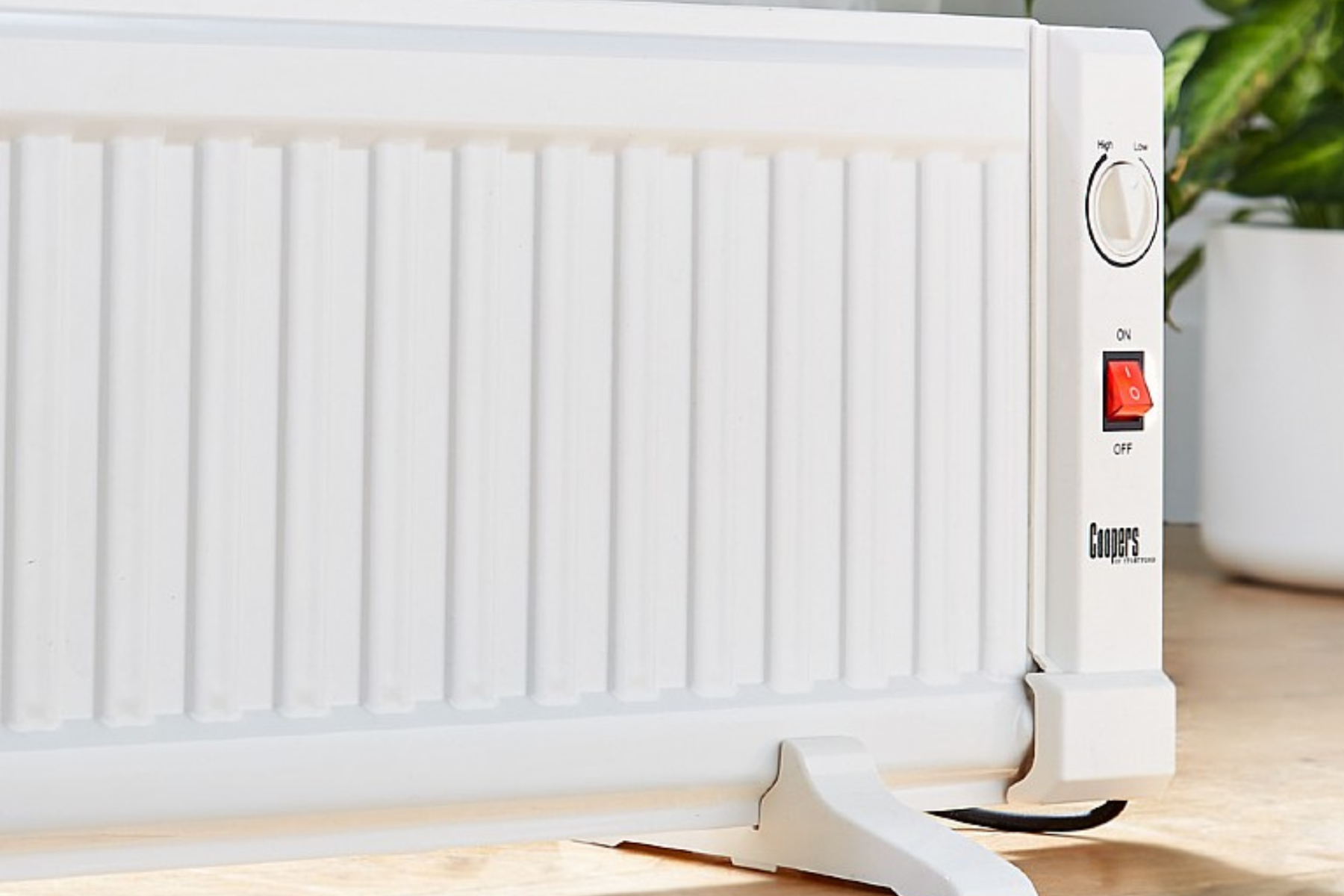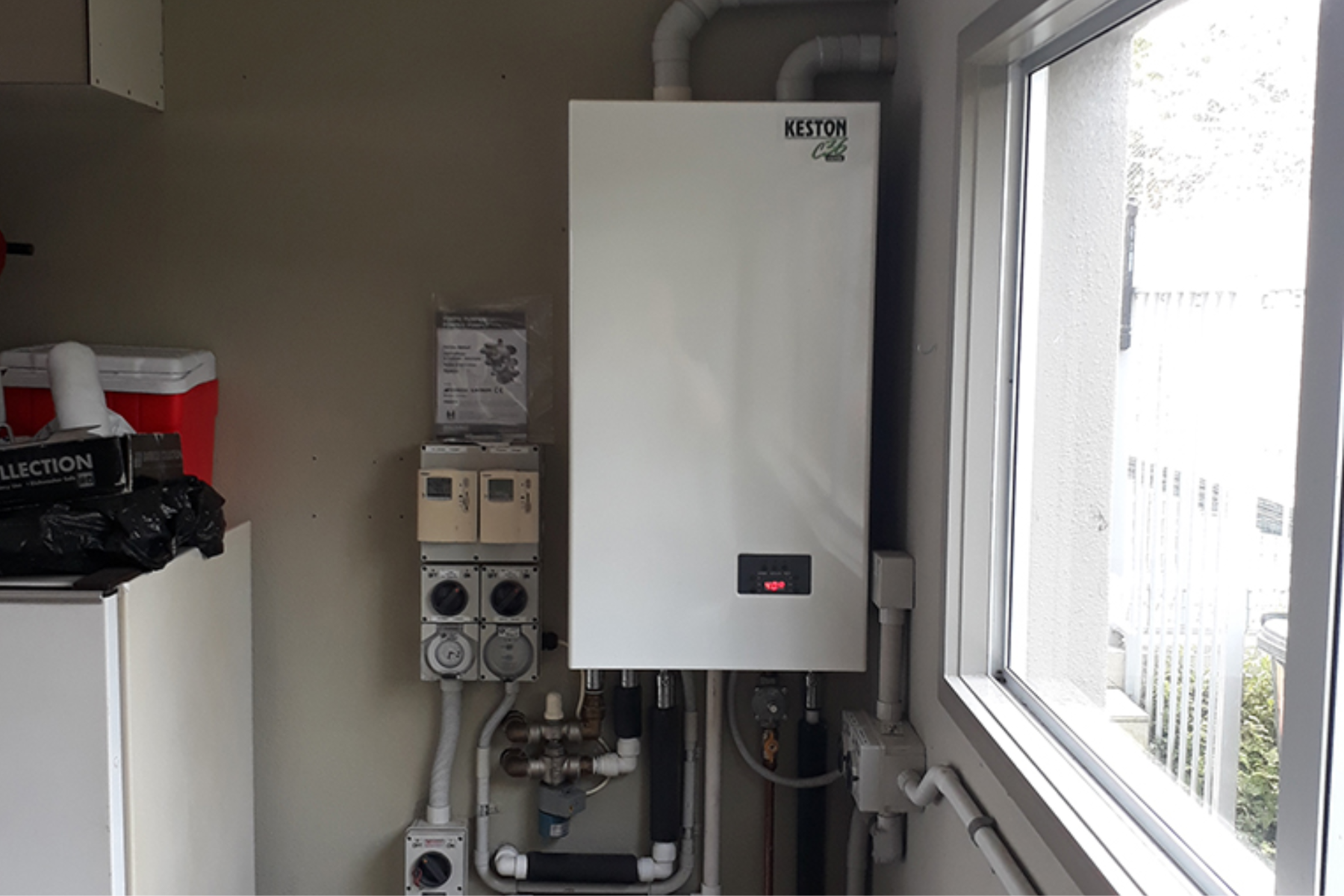When it comes to keeping our homes warm and comfortable, two popular heating options are oil-filled radiators and gas central heating systems. Both have their pros and cons, and choosing the most cost-effective option can make a significant difference to your energy bills.
In this article, we'll explore the differences between oil-filled radiators and gas central heating, shedding light on which one offers better value for money.
What Are Oil-Filled Radiators And How Do They Work?
Oil-filled radiators are popular convection heaters used for domestic heating. They utilize oil as a heat reservoir and are electrically heated.
Electric oil-filled radiators feature metal columns with cavities that allow heat transfer freely around the heater. The process involves an electrical heating element heating the reservoir of thermal oil inside the unit. The heating element is fully submerged within the oil, which heats the oil and transfers heat to the metal walls through convection and conduction. The heat then radiates to the surroundings through air convection and thermal radiation.

Benefits Of Oil-Filled Electric Radiators:
- Thermal Retention Capacity: Oil-filled radiators have excellent thermal retention, keeping the surroundings warm for longer periods.
- Running Costs: Their heat retention capacity makes them more energy-efficient, resulting in cost-effective heating.
- Portable & Fixed Options: Oil-filled radiators come in portable and fixed versions, providing flexibility and energy savings based on usage.
- Safety: These radiators have safety features like overheat protection and a low surface temperature, making them safe to use.
What Is Gas Central Heating And How Does It Work?
Gas central heating is a heating system commonly used in residential and commercial buildings to provide warmth and comfort throughout the space. It operates by using a gas-fired boiler or furnace to generate heat, which is then distributed through the building via a network of pipes and radiators.

Advantages Of Gas Central Heating:
- Energy Efficiency: Gas central heating is generally more energy-efficient than other heating methods, such as electric heaters, resulting in lower energy bills.
- Even Heat Distribution: The use of radiators ensures that heat is distributed evenly throughout the building, providing consistent warmth in all rooms.
- Quick Heating: Gas boilers can heat up water or steam rapidly, allowing for quick and efficient warming of the building.
- Reliable and Convenient: Gas central heating systems are reliable and require minimal maintenance, making them convenient for homeowners and building managers.
- Cost-Effective: Gas is often a cost-effective fuel source compared to electricity or other heating alternatives.
Frequently Asked Questions:
- Is an oil-filled radiator cheaper than gas central heating?
In general, gas central heating is considered more cost-effective compared to oil-filled radiators. Gas is often cheaper per unit of heat generated than electricity, making gas central heating a more economical choice for larger spaces or entire homes. - Oil-filled radiator or gas central heating: which one is better?
The answer depends on your specific heating needs and the size of your living space. For smaller areas or supplemental heating, oil-filled radiators can be a suitable choice due to their portability and ease of use. However, for comprehensive and efficient heating throughout your home, gas central heating is generally the more practical and cost-effective option. - Calor gas heater vs. oil-filled radiator: which is the better option?
Calor gas heaters are portable gas heaters that use propane or butane gas canisters. While they offer convenience and are suitable for small spaces, they may not be as cost-effective as gas central heating, especially when heating larger areas.
When considering the cost-effectiveness of heating options, it's evident that gas central heating is generally more budget-friendly than oil-filled radiators or other electric heating methods. However, for smaller areas or supplementary heating needs, oil-filled radiators or gas fires can still be viable options.
The choice ultimately depends on your heating requirements, budget, and the size of your living space. If you prioritize cost-effectiveness and comprehensive heating, gas central heating is the recommended choice to keep your home warm and cozy while saving on heating expenses.






















